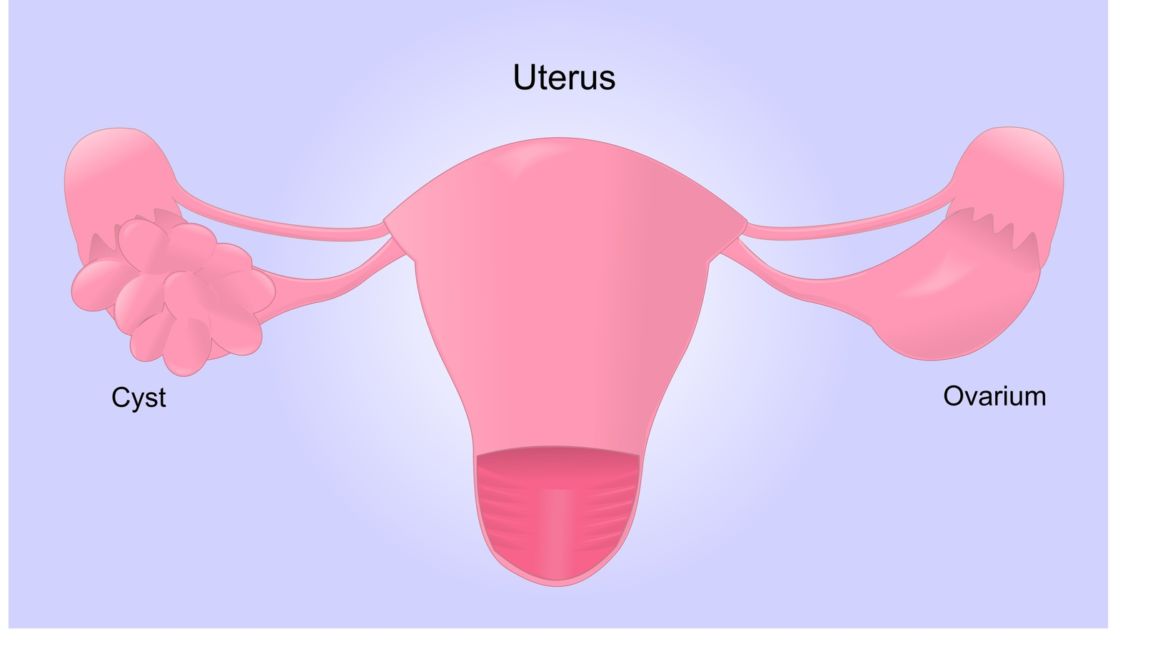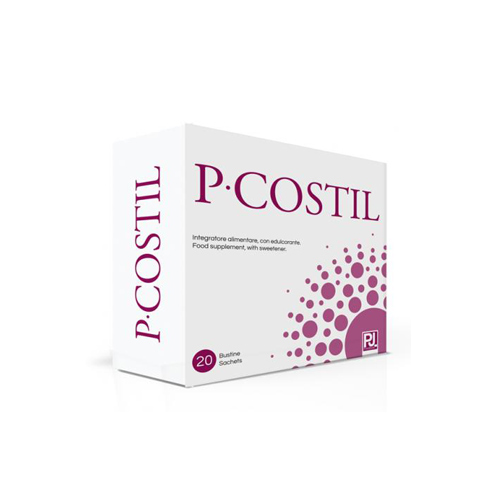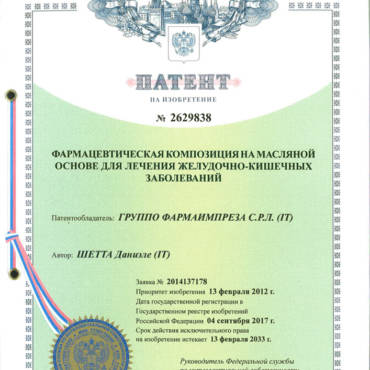Inositols: Nutraceuticals for Polycystic ovary syndrome
If you read this, you might also be interested to:
Studies show as Inositols can be responsible for a process of insulin-sensitization clinically capable of determining an important anti-PCOS effect.
Polycystic ovary syndrome (PCOS) is a common disorder of women of childbearing age characterized by
oligo-or anovulation,
hyperandrogenism,
insulin-resistance,
overweight, obesity (a good number of cases),
metabolic syndrome,
acne, alopecia, and
hirsutism.
The therapeutic approach is aimed at various aspects of the disease and makes use of all possible means: diet, physical activity, insulin-sensitizing drugs, anti-androgens, estrogen-progestin pill, herbal medicines and nutraceuticals.
In the latter two areas a potentially important role in the treatment of PCOS has been highlighted by the use of berberine and the inositols.
Among the latter, the myo-inositol and D-chiro-inositol have particularly attracted recent attention of pharmacologists and clinicians.
The first (myo-inositol) is, through the action of an epimerase, the precursor of the second (D-chiro-inositol, DCI).
Studies show as an adequate content of plasma and cellular DCI, obtained through the oral administration of the same compound or its precursor to a dosage nearly 4 times greater, can be responsible for a process of insulin-sensitization clinically capable of determining an important anti-androgen and therefore anti-PCOS effect.




Add Comment